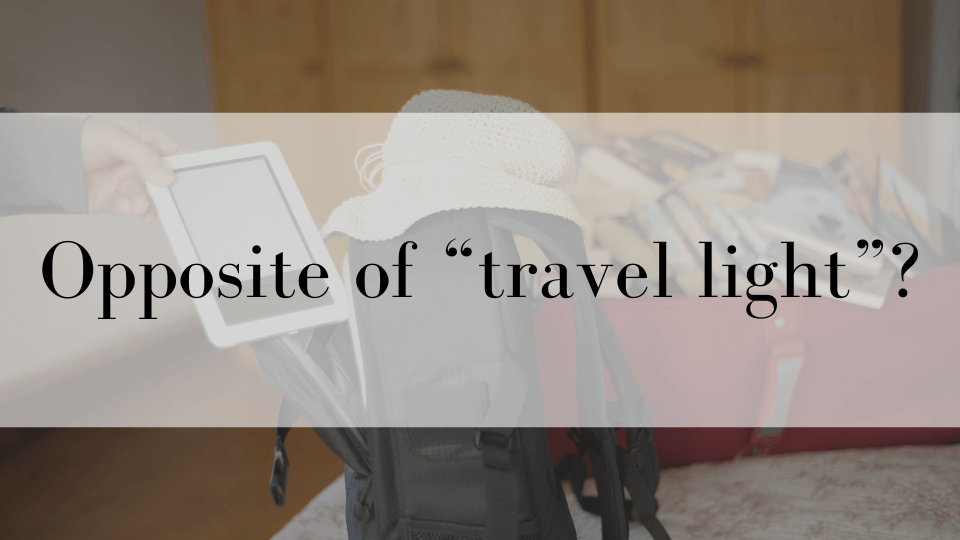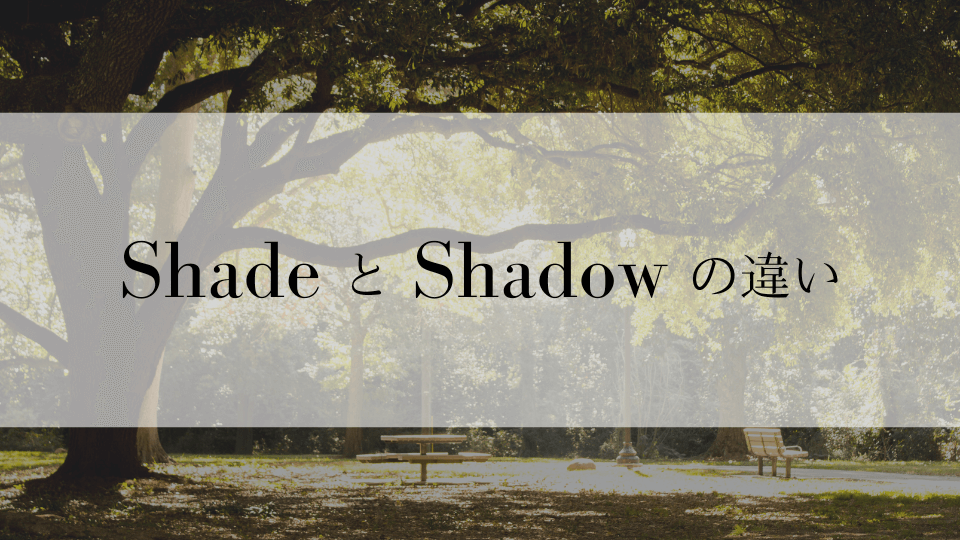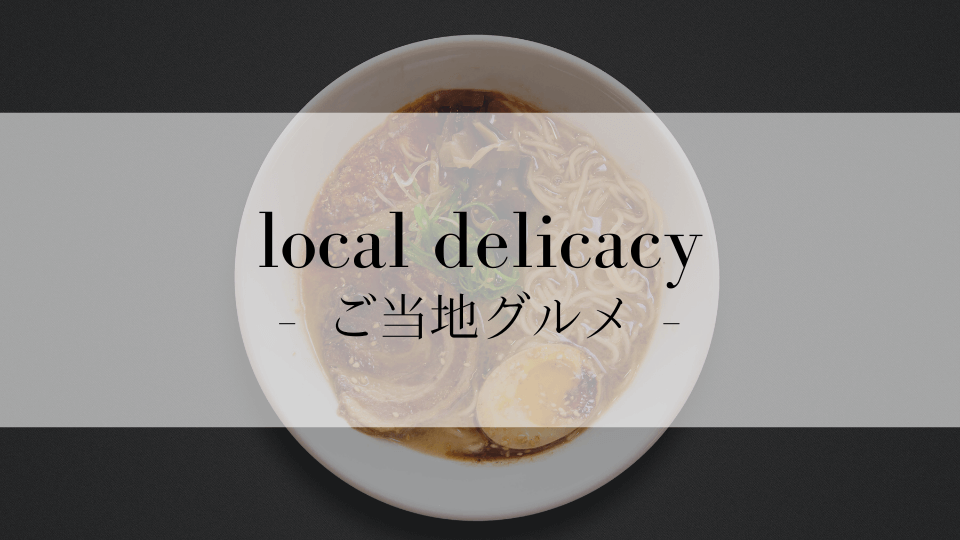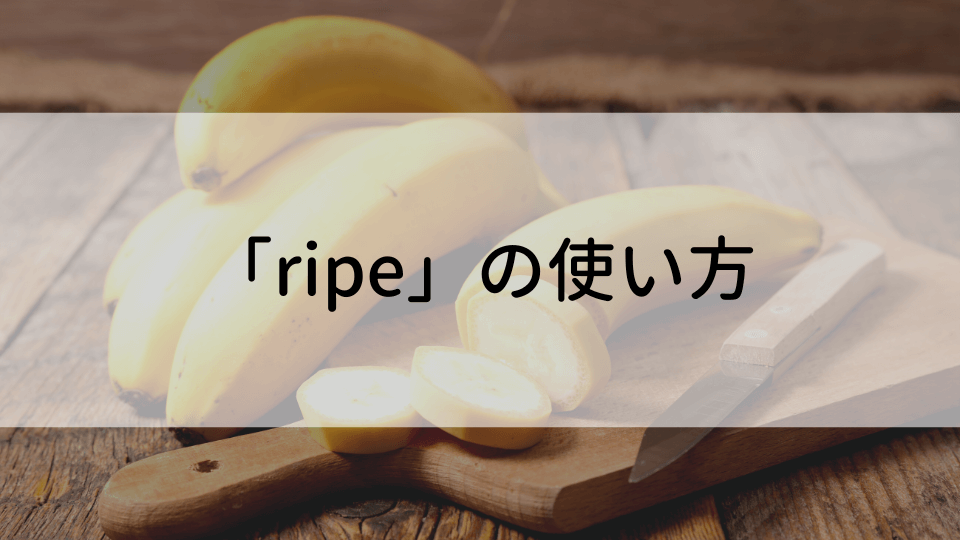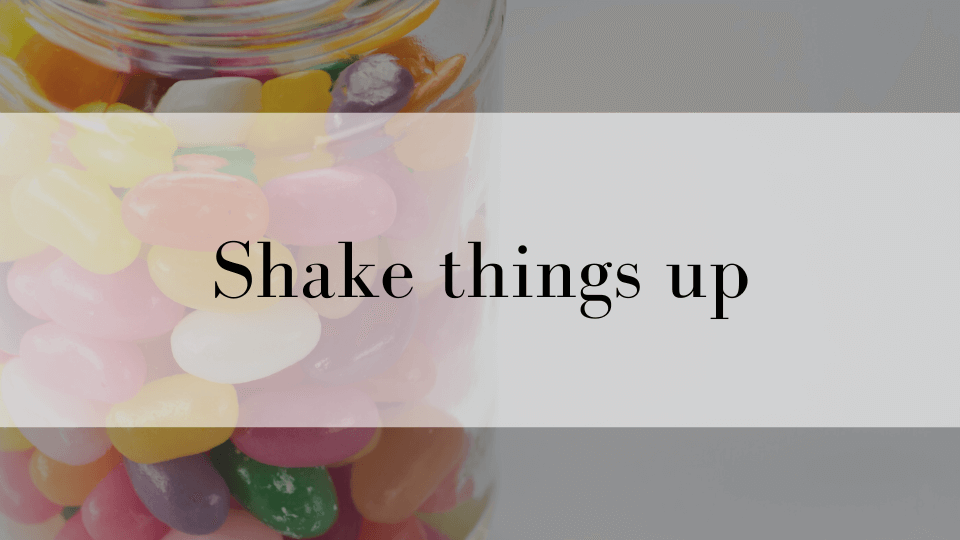【執筆:講師ジェイミー】
みなさん、こんにちは。
今日は少しイギリスのスラングをご紹介します。
海外で旅行や生活をしていると、学校や教科書で学んだ英語とは少し異なる英語を耳にすることがよくあります。
その違いの一つが、スラングの頻繁な使用です。
このブログでは、私がよく使う2つの言葉、「boozer (飲む場所やかなりの量を飲む人)」と「skint (お金がない)」についてご説明します。
「boozer」の意味
「boozer」の意味は簡単です。
「booze」はアルコール飲料を意味し、「boozer」はパブやバー、もしくは、かなり飲む人を指します。
「skint」の意味
「skint」は少し理解が難しいかもしれません。
20世紀の言葉「Skinned」から来ているようで、肉を剥がすことではなく、むしろ、お金や財産を取り上げられた人を表す言葉として使われていました。
時間とともに発音が「skint」に変わり、現在は一時的にあるいは近い将来にお金が少ない、または全くないという意味で使われます。
「boozer」と「skint」を使った例文
[例文]
You going down the boozer tonight mate?
(今夜パブに行かない?)
Can’t go I’m afraid. I’m skint.
(ごめん行けない。お金がないんだ。)
I’m not sure if we should hire that guy. He’s a great chef but his reputation as gambler, boozer, and a womanizer are giving me second thoughts!
(その男性を雇うべきかどうかわかりません。彼は素晴らしいシェフですが、ギャンブラー、酒好き、そして女たらしとしての評判が私に二の足を踏ませています!)
We always used to go somewhere in Europe for the holidays but the weak yen has left me feeling kind of skint so I think we will stay in Japan this year.
(私たちはいつも休暇にヨーロッパのどこかに行っていましたが、円安の影響でお金がないように感じるので、今年は日本に滞在するつもりです。)
What did you get up to last night?
(昨晩何してたの?)
Nothing much, just a couple of quiet pints down the boozer then home
(特に何も。ちょっとパブで静かにビールを2杯くらい飲んで、家に帰っただけ。)
「boozer」と「skint」に類似する言葉
お金がないと言う方法はもちろん他にもたくさんあります。
Broke (お金がない), penniless (無一文), strapped for cash (お金に困って、懐が寂しい), badly off (貧しい、不景気な)
それとは違って、不思議なことに、イギリス人はパブでの時間を多く過ごしているにも関わらず、パブを表すスラングはそれほど多くありません。
思いつくのは「local」くらい。
私たちは「local」を普段よく行くバーについて話す時に使います。
したがって、「the local」は普段行くバーを指し、「a local」はその特定のバーによく行く客を意味します。
[例文]
I had a pretty quiet Saturday night. Had a few pints at the local but didn’t stay long. I’m kind of strapped for cash at the moment.
(土曜日の夜はかなり静かに過ごしました。地元のパブでビールを数杯飲んだけど、長居はしなかった。今、お金がちょっときついんだ。)
まとめ
これで、イギリスに自信を持って旅行し、その時のあなたの経済状況に応じて、新しくできた友達と一緒に飲む (または飲まない) ことができるようになりました。それも、とても自然なイギリス英語のスラングを使って。
実践的な英語ならケンジントン英会話
ケンジントン英会話では、教科書には載っていない、生きた表現を身に付けられます。
福岡市内の教室やオンラインで、経験豊富でフレンドリーな講師と一緒に英語を学びませんか?
実践的な英語を学びたい方はケンジントン英会話の公式サイトをチェック!
[英語原文]
British Slang. How to use the Terms “Skint” and Boozer”
Hello there everyone, today I’ll introduce a little bit of British slang. When you are travelling or living overseas, you will probably notice that the English you hear is somewhat different from what you have learned in school or from textbooks and one of the main differences is the very frequent use of slang words. Here are two words that I use quite often ,“skint” ,meaning having no money and boozer, which just means a place to drink or someone who drinks a fair bit.
Boozer
The term boozer is pretty easy. Booze means alcoholic drink, and boozer can be either a pub or bar or a person who drinks a fair amount.
Skint
Skint is a little more difficult to understand. It seems to come from a twentieth century word “Skinned” which has no relation to having your flesh removed but rather was used to describe a person who had been stripped of their money or belongings and over time the pronunciation has changed to skint and it simply means to have no or very little money either temporarily or for the foreseeable future.
Examples
“You going down the boozer tonight mate?”
“Can’t go I’m afraid. I’m skint.”
I’m not sure if we should hire that guy. He’s a great chef but his reputation as gambler, boozer, and a womanizer are giving me second thoughts!
We always used to go somewhere in Europe for the holidays but the weak yen has left me feeling kind of skint so I think we will stay in Japan this year.
“What did you get up to last night?”
“Nothing much, just a couple of quiet pints down the boozer then home”
Alternative Phrases
There are of course many ways to say you don’t have money and here are a few.
broke, penniless, strapped for cash, badly off,
Strangely, even though the Brits do spend a lot of time in the pub we don’t have so many slang words to describe it. The only one that springs to mind is “local”. We use this to talk about the bar we usually frequent so “the local” means the bar you usually go to and “a local” means a customer who often goes to a particular bar.
Example.
“I had a pretty quiet Saturday night. Had a few pints at the local but didn’t stay long. I’m kind of strapped for cash at the moment. “
So there you have it. You can now confidently travel to the UK and have, or not have a drink with your new found friends depending on your level of solvency at the time and all done in very natural British English slang.
Cheers!
Jaimie
~*~*~*~ \ Follow me / ~*~*~*~
Instagram : @kensington_eikaiwa
Twitter : @Kensington_Eng
Facebook : @kensingtoneikaiwa
YouTube : KENSINGTON英会話
~*~*~*~*~*~*~*~*~*~*~*~*~*
◆お問い合わせはこちら
ケンジントン英会話:お問い合わせフォーム






























